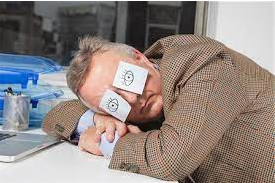
Imagine your highschool-self right now. You just entered your first period class and you take your seat in the back row. Your mind begins to drift off as your math teacher starts a lecture about logarithms. Or was it quadratics? The clock’s ticking is the only thing you hear as your arms catch your head as it falls onto the desk. The only thing able to wake you up now is the bell. What did you even do yesterday to make you so tired anyway? Maybe it was the AP Chemistry homework, or your 2 hour sport practice? It could’ve been your 5 Hour Shift too, there’s too many thoughts to think of as your mind dies off to the teacher’s raspy voice.
Sleeping in High School nowadays is a lot more prevalent than ever before in today’s society due to a multitude of changing factors. There are about 65% of students around the world who are not getting the recommended eight hours of sleep and it’s only going to go up from here. It’s important to tackle such an issue at an early age or this insomniac like behavior will carry out basically their entire lives.
It’s important to note the science behind sleep deprivation and sleep itself to understand the importance of it. For starters, side effects of sleep deprivation can cause exhaustion, trouble focusing, irritability, depression, and much more. Those are just some immediate side effects of sleep deprivation. Some of the longer, more impactful effects are heart and kidney disease, high blood pressure, strokes, diabetes, obesity, and more. It’s important that a teenager gets the specified 9 hours of sleep necessary for their health, not one less as it’s proven that even that can affect their abilities throughout the day to some degree. Now that we know the basics of what sleep does for the body, it’s important to identify what causes sleep deprivation.
There are multiple causes of sleep deprivation. The most common one is the amount of time under the exposure of blue light. Blue light wires the brain to think that it’s day time, which in turn makes it difficult to fall asleep. There are multiple ways around this, some being the built-in nightlight feature which disables the blue light in your device. Another is setting up a screen time limit before bed, it’s recommended to not look at blue light an hour before bed so it’s easy to work around. Stimulants and Medicine are also factors that can limit sleep if taken to an extent. It’s also important to fix a sleep schedule where it’s consistent, this helps adjust your body and helps you get the recommended amount of sleep. Again, there are a multitude of different scenarios that limit sleep, and what seems to be more prevalent than ever is the amount of activities that a student can be involved in at once on top of schoolwork. Nowadays it’s common to see a student do a sport, do an extracurricular, enroll in tough classes, and even have a job. To balance all of that on top of homework, family time, and self-care time can interfere with a student’s sleep schedule. When this happens several issues can arise such as some infamous sleep disorders.
The two most common sleep disorders are Insomnia and Apnea. These can develop overtime or happen naturally to healthy people. Starting off with insomnia, it has two levels of severity, chronic and occasional. The main difference being the amount of days it occurs, with occasional being only some days, while chronic being 3 days in one week for months on end. Insomnia is built up overtime due to mental issues, sleeping schedule issues, physical ailments and stress. Apnea is more of a physical condition where your brain doesn’t receive enough oxygen for ~10 seconds in which it activates the fight-or-flight reaction which keeps you awake at night. Apnea makes you more vulnerable to strokes as well.
Now that you know the basics behind sleep and multiple ways to restrict it, what does it mean for students? Does sleeping in class really affect them that much? In fact, yes it does. In a variety of schools, the amount of sleep a student gets does affect the outcome of what their grades can be. But is this fault entirely on the student? It’s a common complaint, but school start times may be the leading factor in the sleeping habits of students. The average start time for schools is around the 7:50~8:00am range which forces students to wake up around 6-7. This also does not include the 0th period, a period used for music related classes, forcing students enrolled in those courses to come in earlier than everyone, around 7:20 and such. This would easily exhaust students with how strict this schedule is depending on their extracurriculars or home situations.
Falling asleep in class is going to happen, it’s an experience almost everyone has had at least once, it would be a challenge to find someone who hasn’t. Maybe it is a boring lecture on something you already understand, or you just couldn’t keep your eyes open. It’s completely normal. Teachers will have low tolerance for those who accidentally doze off in class, but there are others who understand that the human need for rest can overcome the student’s will in trying to stay awake. They understand the struggle of being a student and balancing all of their activities and academics. Teachers are more lenient than you think, it’s fully possible to talk it out with them to let them understand your current situation. Obviously, you shouldn’t make sleeping in class a habit, that’s a horrible idea, but you don’t need to feel bad if you KO during a lecture if it’s too much for you. This happens in every grade level too, from Middle-Schooler to even a senior, it’s prevalent in all age groups so it’s not an exotic happening.
When it comes down to it, the entire system is a huge mess, school times are too early, not being able to accommodate most student’s tight schedules. It’s important to realize the importance of slumber especially at this age as you are rapidly growing.

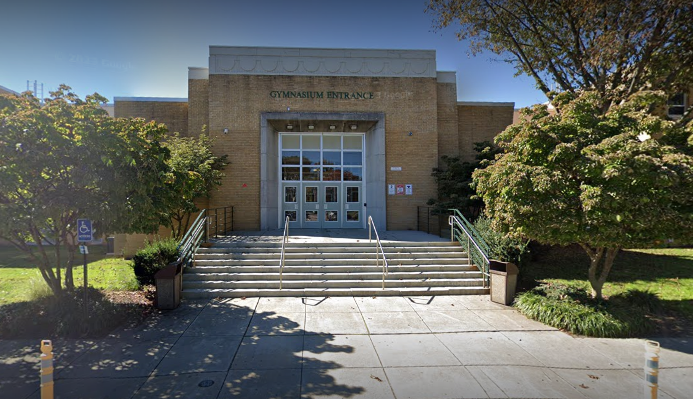



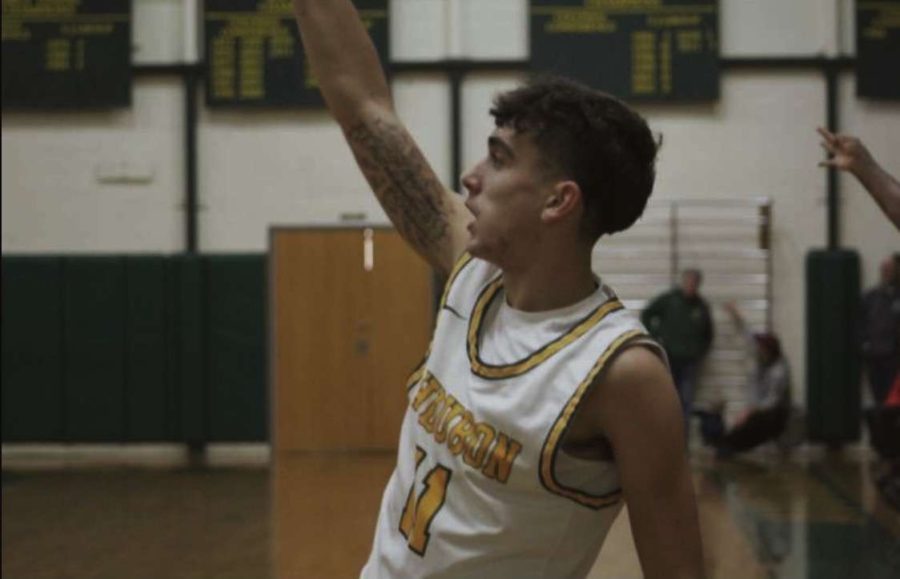
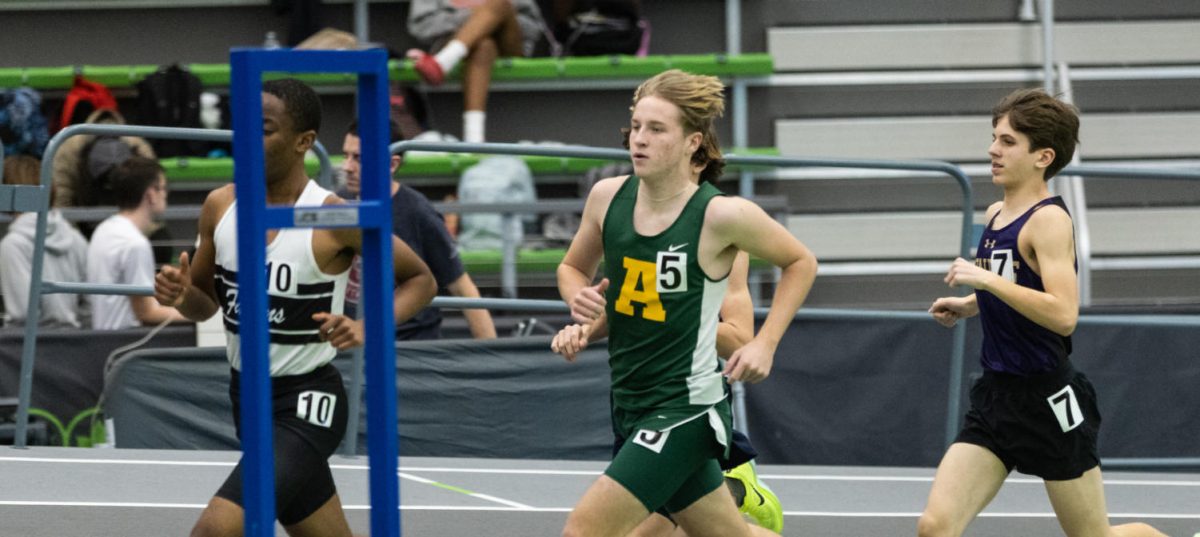
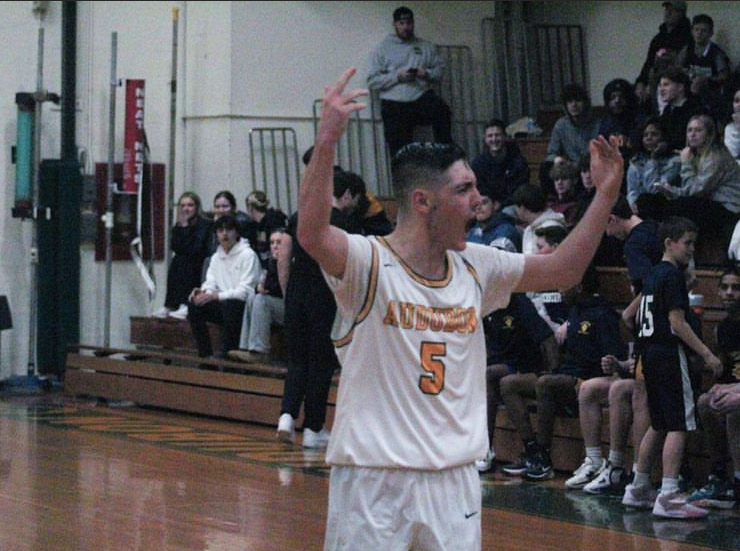

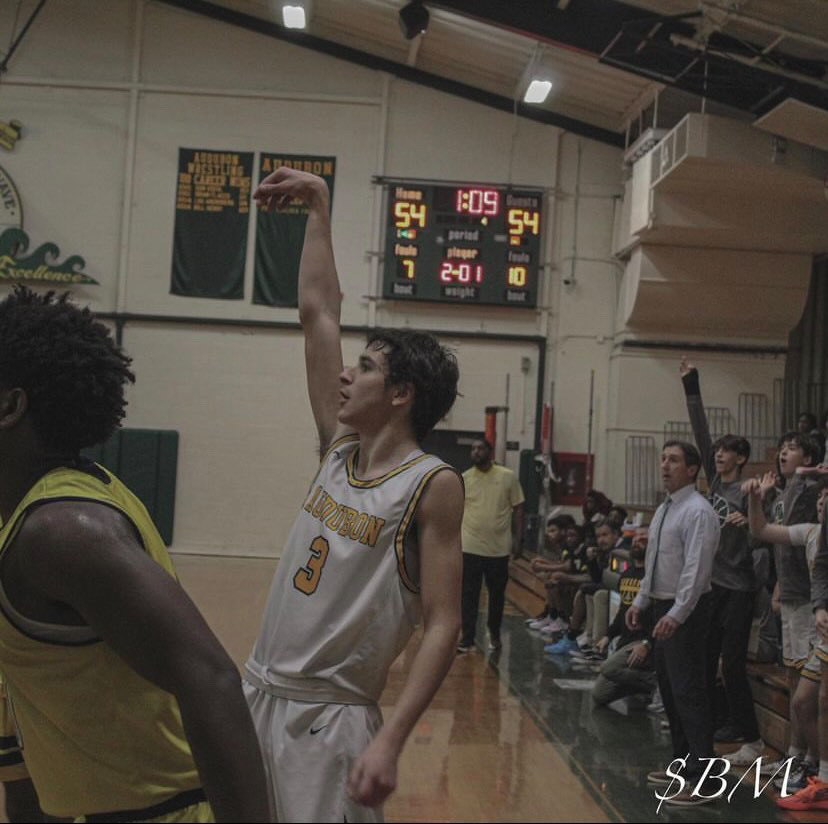
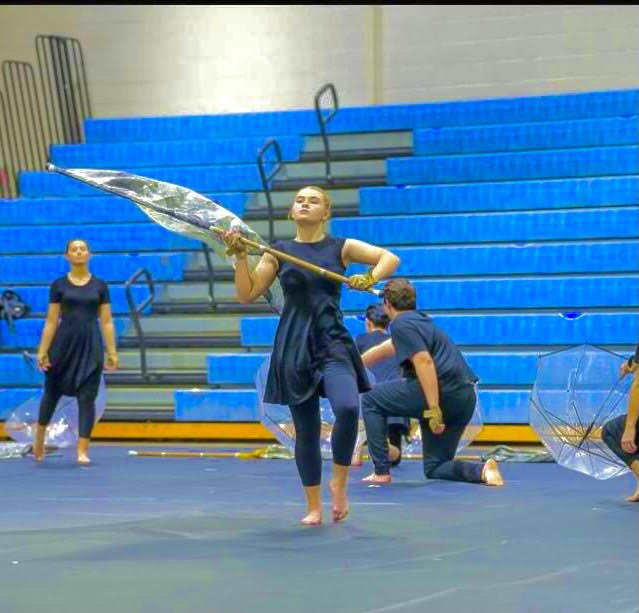

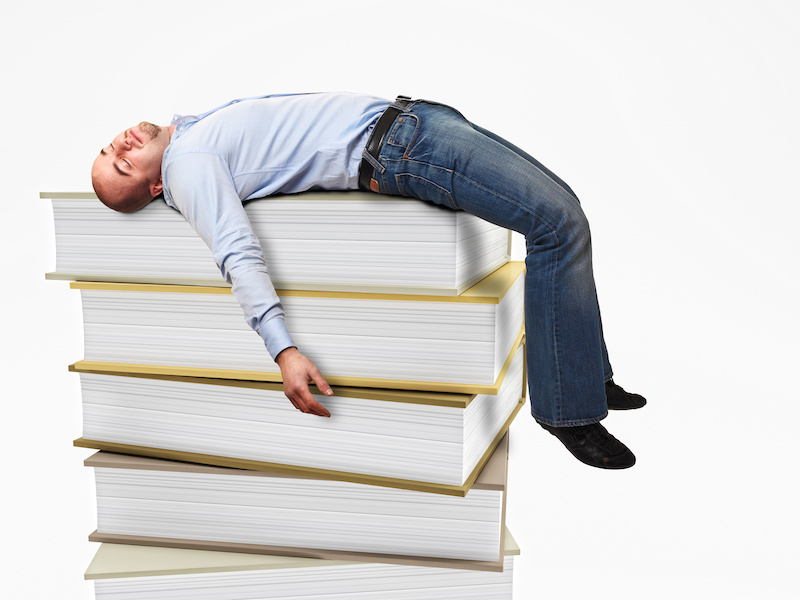
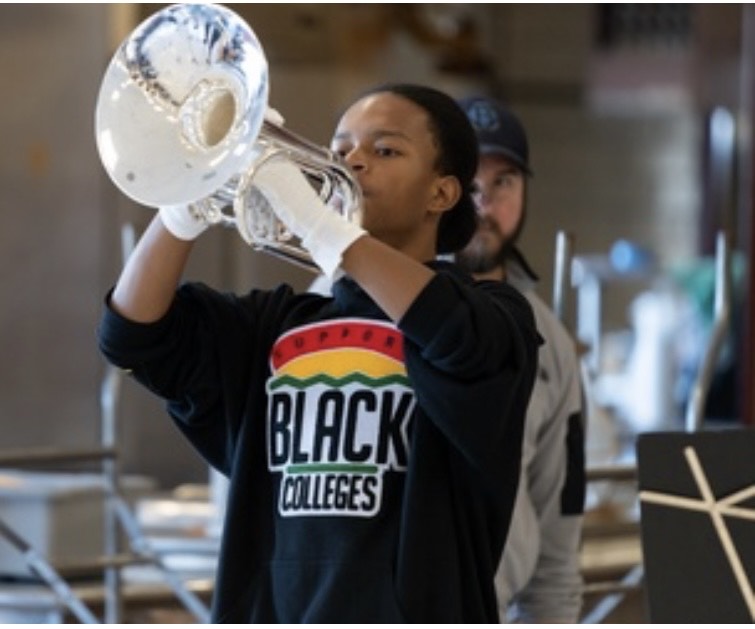



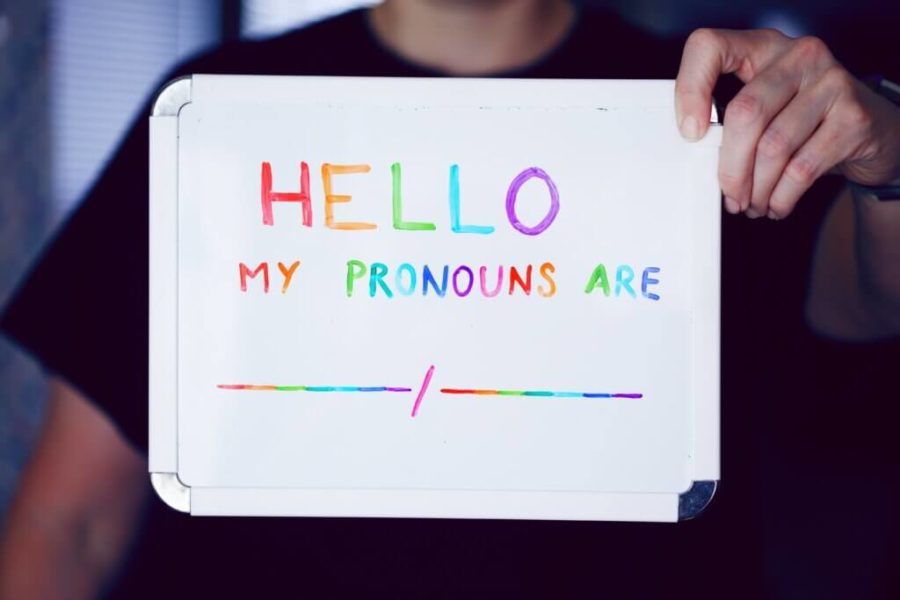
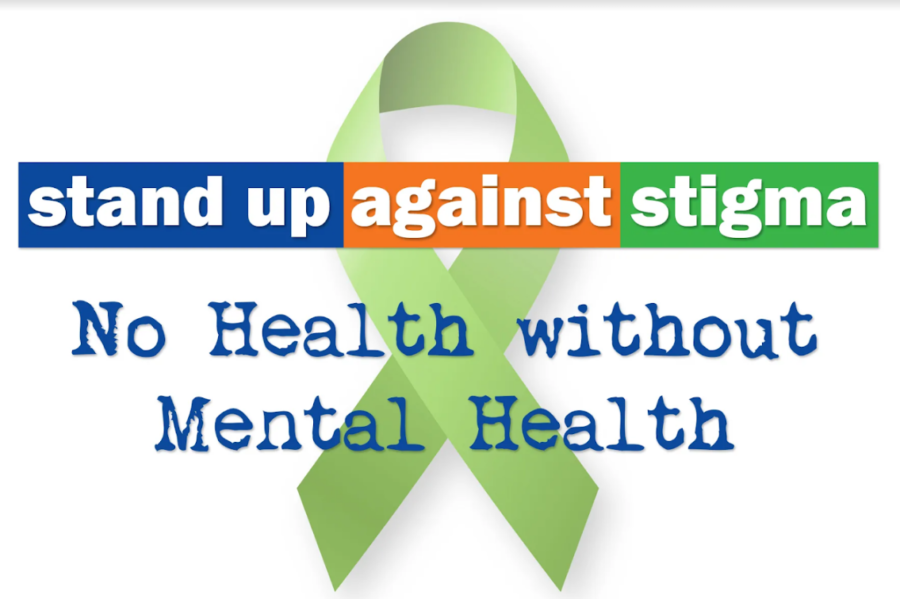








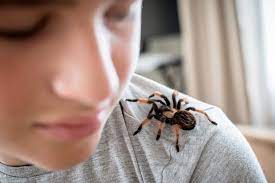
Jackson Strong • Feb 2, 2024 at 11:30 am
Truly the best article I’ve ever read. BY FAR. This changed my life for the better!